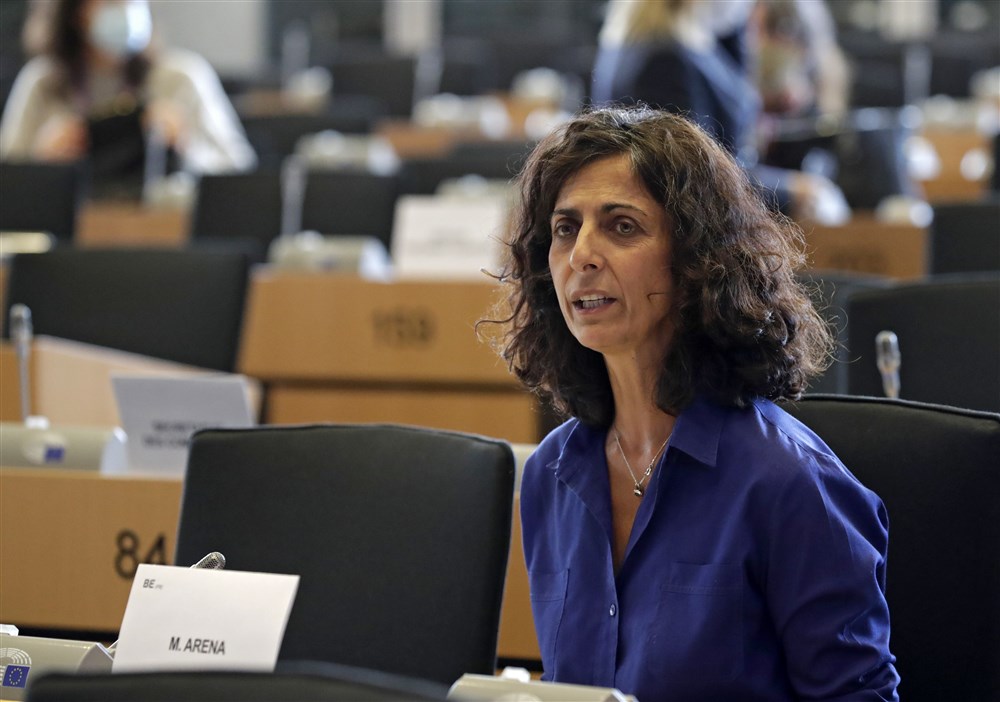When Inter Milan played a friendly match in Benghazi against Atlético Madrid last month, it was not just about football. The game marked the first appearance of a major European club in Libya since the fall of Gaddafi — a symbolic gesture widely seen as part of Italy’s effort to regain influence in its former colony.
Behind the cheers and stadium lights, a deeper story has unfolded: intense rivalry between EU powers, particularly France and Italy, has exposed the lack of a unified European agenda in the southern neighbourhood and blocked Brussels from crafting a coherent policy.
Over the past 15 years, Libya has become a battleground for competing French and Italian geopolitical agendas. Many in Rome have accused Paris of bombing Libya in 2011 to displace Italy’s influence in the country with its own. “France was at the forefront in supporting a Western military intervention against Muammar Gaddafi in 2011 — rhetorically to protect human rights, but in practice to secure greater influence on the southern shore of the Mediterranean, to Italy’s detriment,” wrote Niccolò Locatelli in Limes, Italy’s most influential geopolitical magazine.
In the decade before the 2011 intervention, Tripoli and Rome had moved past the legacies of colonialism to forge close political and commercial ties, cemented by the 2008 Treaty of Friendship and Cooperation. Trade between the two nations rose to nearly €40 billion in just two years, while Italy’s energy company ENI secured oil and gas concessions running until 2042 and 2047, guaranteeing decades of cooperation worth billions.
This close economic integration gave Rome strategic influence across the Mediterranean and positioned Italy as a key regional player — an influence that ended abruptly with the 2011 military attack.
France led the push to build an international coalition against Libya, officially to stop the regime’s repression. It carried out the first airstrikes and backed the National Transitional Council, an interim
government that aimed to replace Gaddafi’s power. French newspaper Libération revealed that Paris secured the right to exploit 35 per cent of Libya’s oil in exchange for its support, effectively allowing French companies to seize a major share of Italian-held interests.
“The Italian government at the time was hampered by political troubles at home and a weak Berlusconi presidency,” wrote French political analyst Jean-Pierre Darnis in Libya Tribune. Since then, “Italy has always seen the 2011 intervention as a French attempt to take its place in Libya, both economically and diplomatically.”
The regime change failed, and Libya fell into a bloody civil war that has left the country fractured — a patchwork of rival power centres, each tied to external actors that have exploited these divisions to expand their influence. This fragmentation has eroded the influence of individual European powers, including France and Italy, while opening the door for external players such as Russia and Turkey to expand their reach. Amid these rival interests, the European Union has remained sidelined, unable to play a significant role or develop a coherent strategy. Deep divisions between national agendas and the enduring legacy of the fierce competition since 2011 have continued to block any unified European approach.





Maritime sanctions against Russia have backfired badly